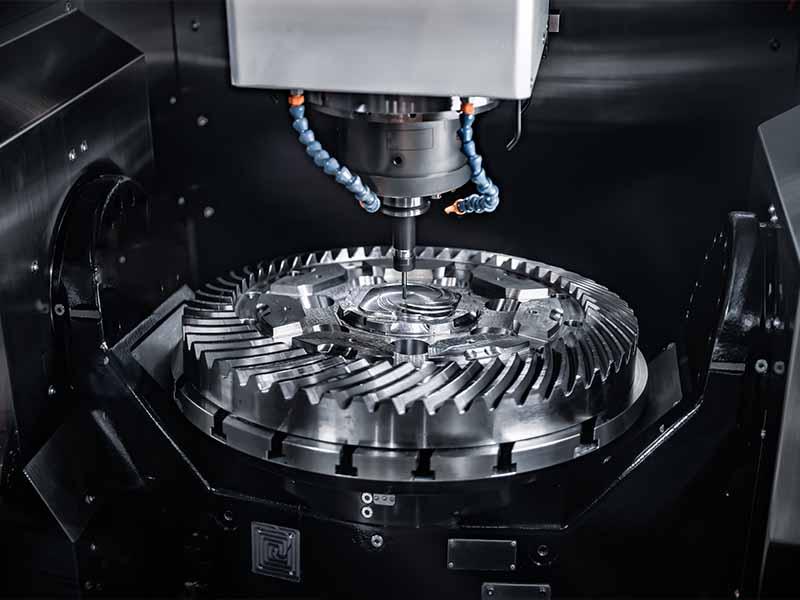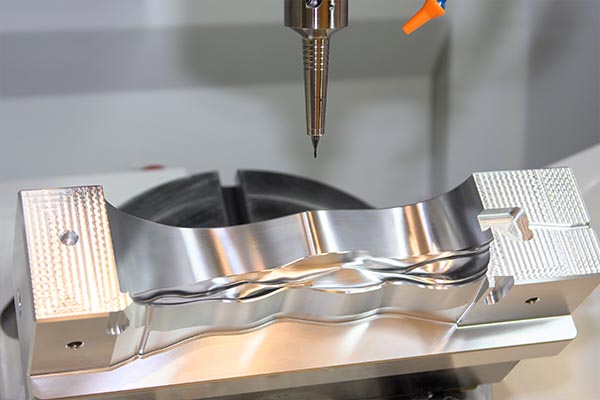CNC Machining: Revolutionizing Manufacturing with Precision and Efficiency
CNC Machining: Revolutionizing Manufacturing with Precision and Efficiency
Blog Article
CNC machining, or Computer Numerical Control machining, has been a key element in modern manufacturing, offering high precision, reliability, and consistency that wasn't possible with conventional techniques. Automating the operation of machine tools through computers, CNC machine tools allow manufacturers to manufacture complex products with remarkable accuracy. From the automotive and aerospace industries, to healthcare and electronics, CNC machining is utilized across a variety of fields to produce complex components that need high precision. The incorporation of computers in the process of machining has changed how products are created and constructed, setting new standards for quality as well as efficiency.
One of the major advantages of CNC machining is its ability to create highly precise and complex components that are nearly impossible to produce using traditional manufacturing processes. CNC machines operate based on digital designs, meaning that once the design of a piece is programmed in the machine, it is able to be accurately reproduced and consistent. This is particularly useful in industries like aerospace, automotive, as well as electronic industries, where precision is crucial. In addition, CNC machining is capable of working with a wide assortment of different types of material, ranging including soft plastics and hard metals. This allows manufacturers to fabricate parts that fulfill specific requirements for strength, durability, and heat resistance. The flexibility of CNC processing has led to many new opportunities in product design and engineering.
Efficiency is another significant benefit for CNC machine. Once the design is encoded into the machine it is able to run in a controlled manner and perform multiple tasks with no need for humans to be involved. Automatization results in quicker production time and more accuracy in the production of parts. In addition, CNC machines can operate continuously, meaning that manufacturers could produce products around all hours of the day, thus which can increase overall output. As opposed to traditional machining methods, which require skilled technicians to manage the tools, CNC machining offers a huge reduction in labor costs as well as the possibility of errors made by human beings, making it a viable option for manufacturing in high volumes.
The CNC machining brand also has excellent repeatability, ensuring that each part produced is identical to the design that was originally created. This is crucial in industries that require massive production of components that are standard like automotive or consumer electronics. Since CNC machines are programmed to follow guidelines, they are able to produce hundreds, or even thousands of components with very little variation in quality. This consistency not only improves the dependability of final products, but it also minimizes the amount of waste produced, since fewer components are rejected due to defects. Also, since the designs that are used for CNC manufacturing can be easily changed or upgraded, the manufacturers will be able to swiftly adapt to any changes in specifications or the demands of their customers, without having to invest in costly Retooling or recalibration of the machine. To acquire new information please head to Premiumparts
One of the difficulties associated with CNC machining is the initial set-up cost. In the beginning, investing in CNC machinery and the software that is required for it could be costly, especially for smaller companies. However, the longer-term advantages of CNC processing, including lower cost of labor, improved production efficiency, as well as improved manufacturing quality - often exceed the initial cost. Furthermore, many businesses offer CNC machines to firms who may not have the money to spend money on their equipment, allowing smaller manufacturers to benefit from the technologies without having to pay upfront. As the demand for CNC manufacturing continues to grow in the coming years, the cost of machine and software is expected to reduce, making it easily accessible to more of companies.
In conclusion, CNC machines have evolved into an indispensable technology in modern manufacturing owing to its precision, efficiency, and versatility. It has transformed the way manufacturing of parts, making it possible to create complex designs with a high degree of accuracy while reducing costs and production times. While it's a large investment at first and the potential benefits in the future, CNC Machining make it an important tool for companies in different industries. As technology advances, CNC machining is likely to play a more significant role in shaping the future of manufacturing, driving technological innovation while helping companies to meet the needs in a global marketplace.